Kanal (1957)
“I know this sewer; the way’s not difficult.”
|
Synopsis: |
|
Genres, Themes, Actors, and Directors:
Response to Peary s Review: Only “a young woman (Teresa Izewska) who is alone with her wounded, dying boyfriend knows the escape route, and he is incapable of undertaking the difficult climb.” Peary notes this film’s similarities with Das Boot (1982) in that is also “shows the claustrophobic horrors endured by soldiers who are trapped below and are at the mercy of both the enemy above and their watery environment” — and both feature “a leader who disagreed with the orders that placed him and his men in such an insane situation, but who would never disobey orders or go off to safety and desert his men.” Peary argues, however, that this “film is not as impressive as it once seemed” given that “the characters aren’t very well drawn; and once the platoon goes into the sewers, we lose all track of time — it seems the men are hysterical and exhausted after being below for 20 seconds and having walked five steps.” He asserts that the “premise is intriguing, but [the] execution is more punishing than exciting.” While I don’t find any problem with the fighters’ responses to being in the sewers, I agree that this is a relentlessly grueling flick to sit through — especially hearing in voiceover as we’re introduced to the main players, “These are the heroes of the tragedy; watch them closely, for these are the last hours of their lives.” Note: Film fanatics will likely recognize distinctive character actor Sheybal (the mad composer), who would appear in a number of other Peary-listed films — including From Russia With Love (1963), Casino Royale (1967), Billion Dollar Brain (1967), Women in Love (1969), Leo the Last (1970), The Last Valley (1971), The Boy Friend (1971), and Red Dawn (1984). Notable Performances, Qualities, and Moments: Must See? Categories
Links: |
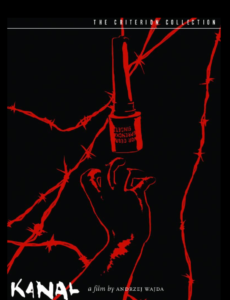
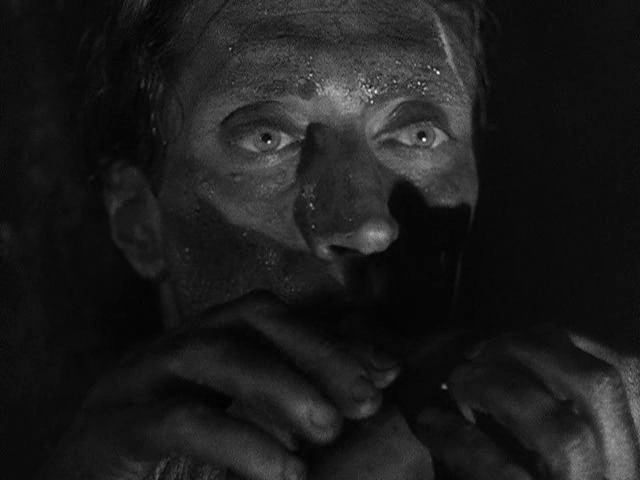
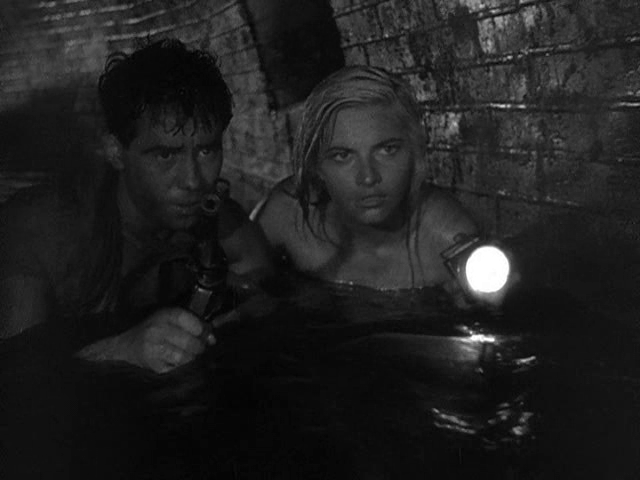
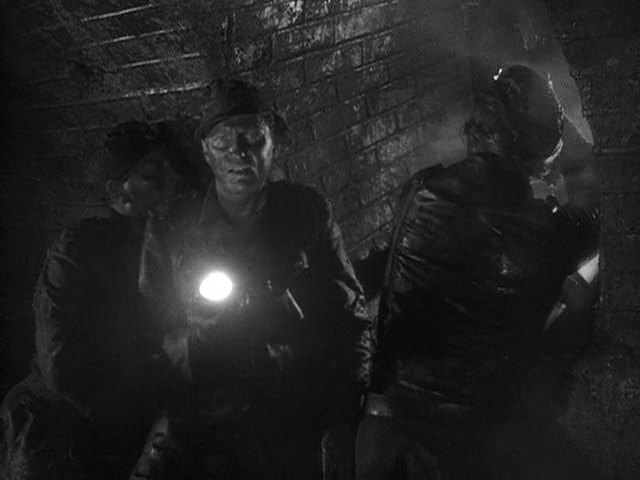
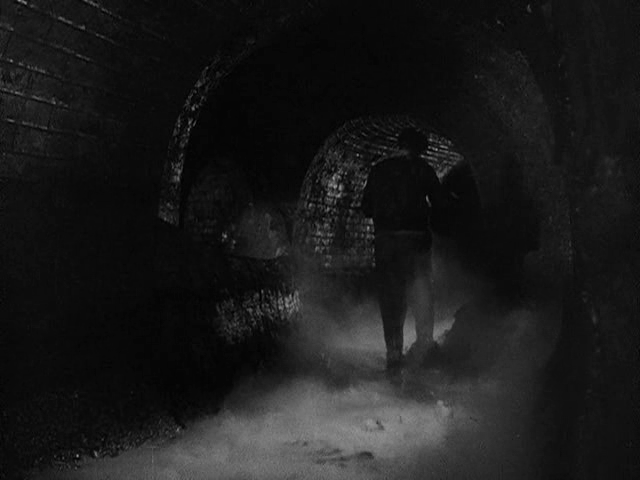

One thought on “Kanal (1957)”
First viewing (10/13/21). A no-brainer must-see.
Wajda’s true-life inspired film (written by Jerzy Stefan Stawinski a Polish underground resistance army soldier who, at age 24, had also survived in a sewer system) belongs to that category of “the less you know about it going in, the better”.
Not that there’s that much to tell, in a sense – and we’re told from the beginning that the situation is hopeless. The film – even with its developments – is simplicity itself; a just about perfect realization which is also perfectly bleak. It has a power that increases and intensifies as the movie progresses. Before you know it, you are wrapped up in a dual omnipresence of the unexpected and the inevitable.
Its conclusion stuns just as the film has stunned all along.
It deservedly won the Special Jury Prize at the Cannes Film Festival.